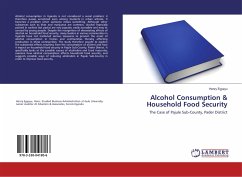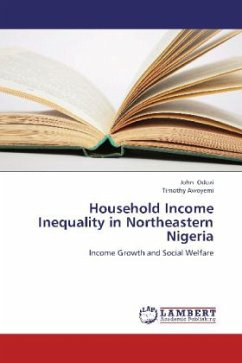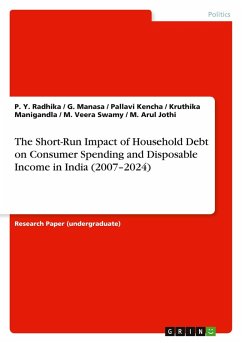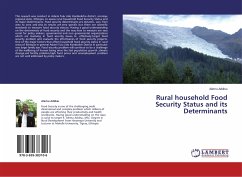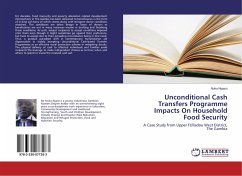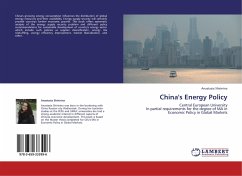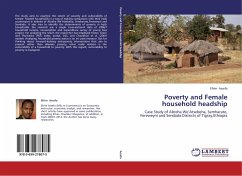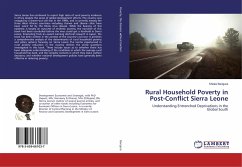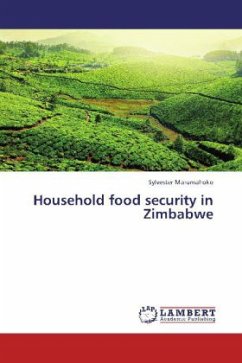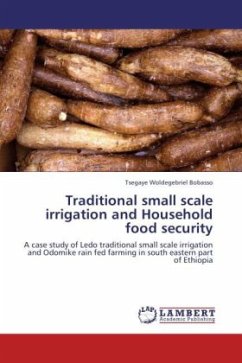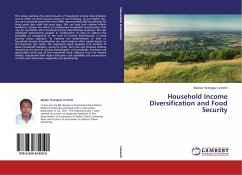
Household Income Diversification and Food Security
Versandkostenfrei!
Versandfertig in 6-10 Tagen
41,99 €
inkl. MwSt.

PAYBACK Punkte
21 °P sammeln!
This study examines the determinants of household income diversification and its effect on food security status in rural Ethiopia. To accomplish this, we use household panel data from ERHS approximately 896 households for three years data with five years gaps. We use fixed and random effects models to remove the effect of unobserved household characteristics that may be correlated with household income diversification behavior. We also employed instrumental variable in combination of 2SLS to address the possibility of endogenity of the level of income diversification in food security status eq...
This study examines the determinants of household income diversification and its effect on food security status in rural Ethiopia. To accomplish this, we use household panel data from ERHS approximately 896 households for three years data with five years gaps. We use fixed and random effects models to remove the effect of unobserved household characteristics that may be correlated with household income diversification behavior. We also employed instrumental variable in combination of 2SLS to address the possibility of endogenity of the level of income diversification in food security status equation. To examine the determinants of level of household income diversification we used random effect model based on the Hausman test result. The regression result suggests that number of adult household members, access to credit, farm size and livestock holding determines the level of income diversification of households. Positively and significantly while age of the household head, distance from the nearest market, households with higher education and availability soil conservation on their plot determines negatively and significantly.



